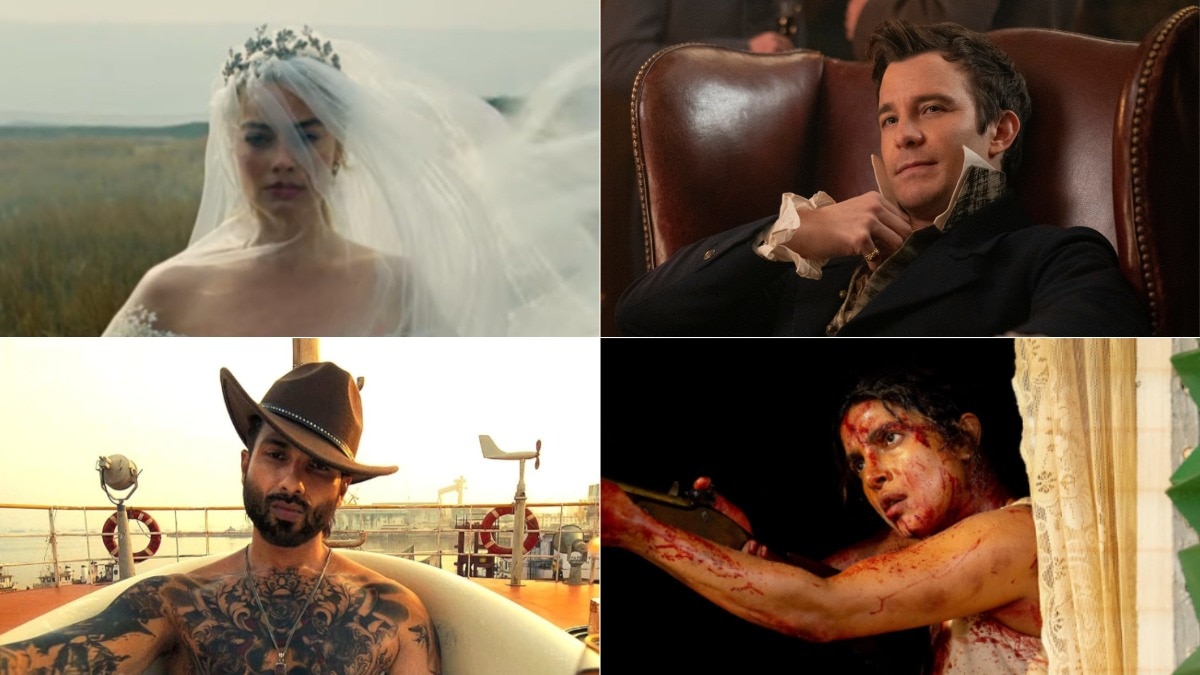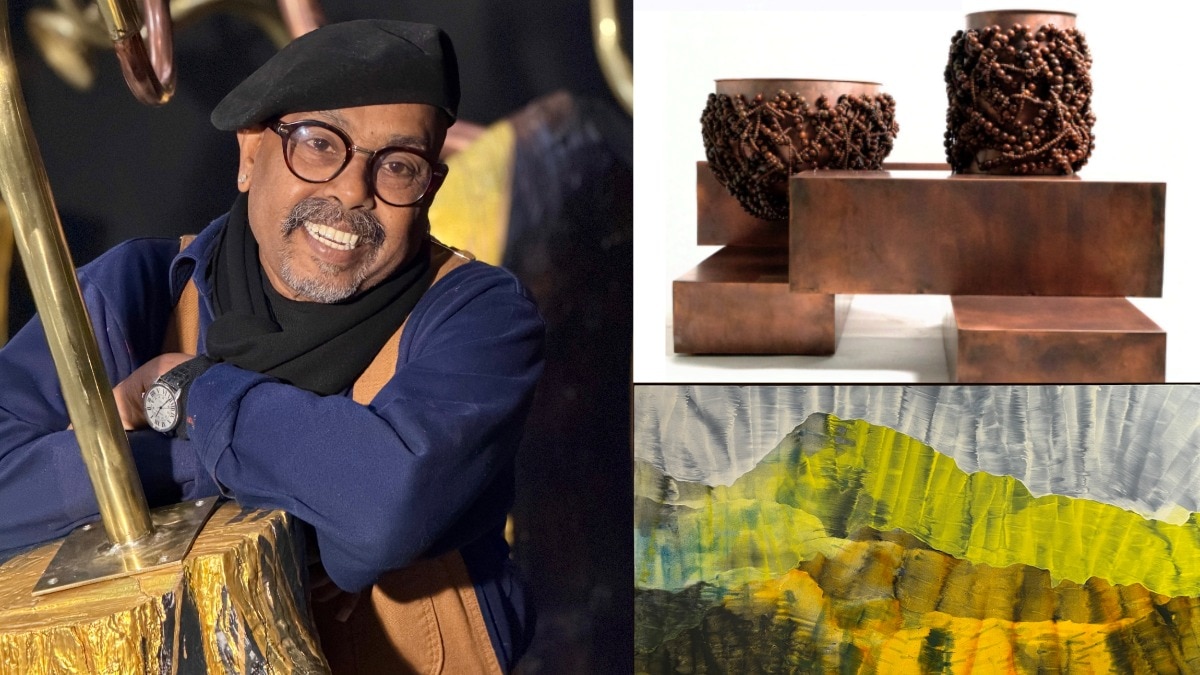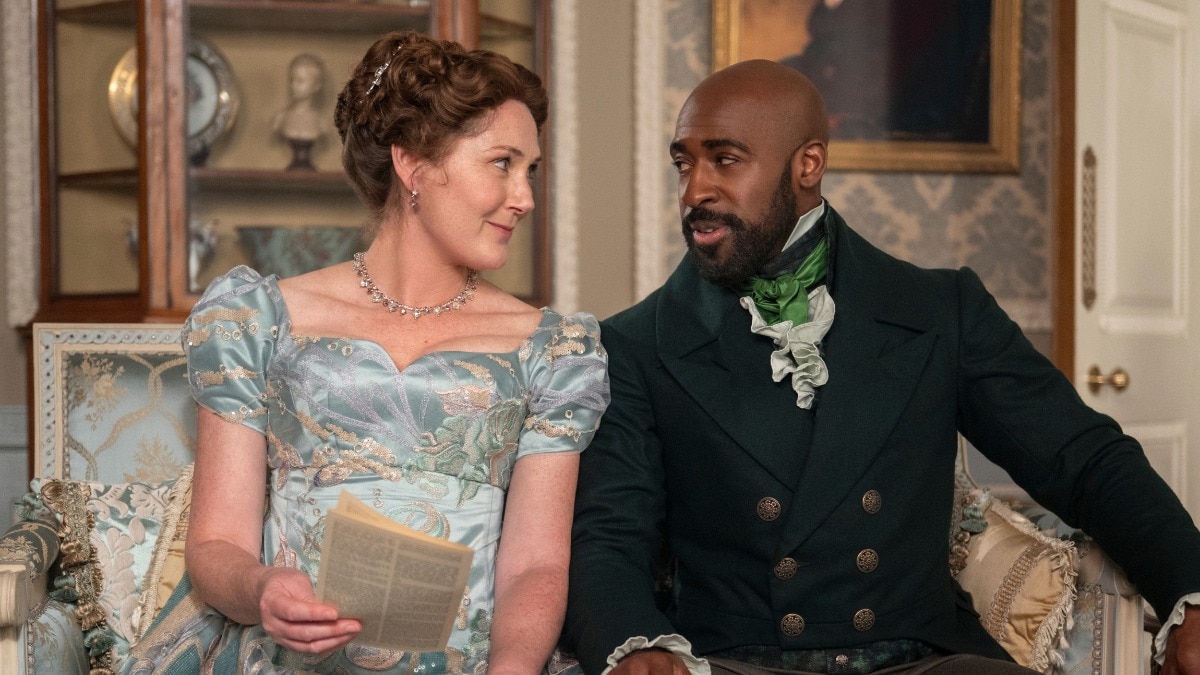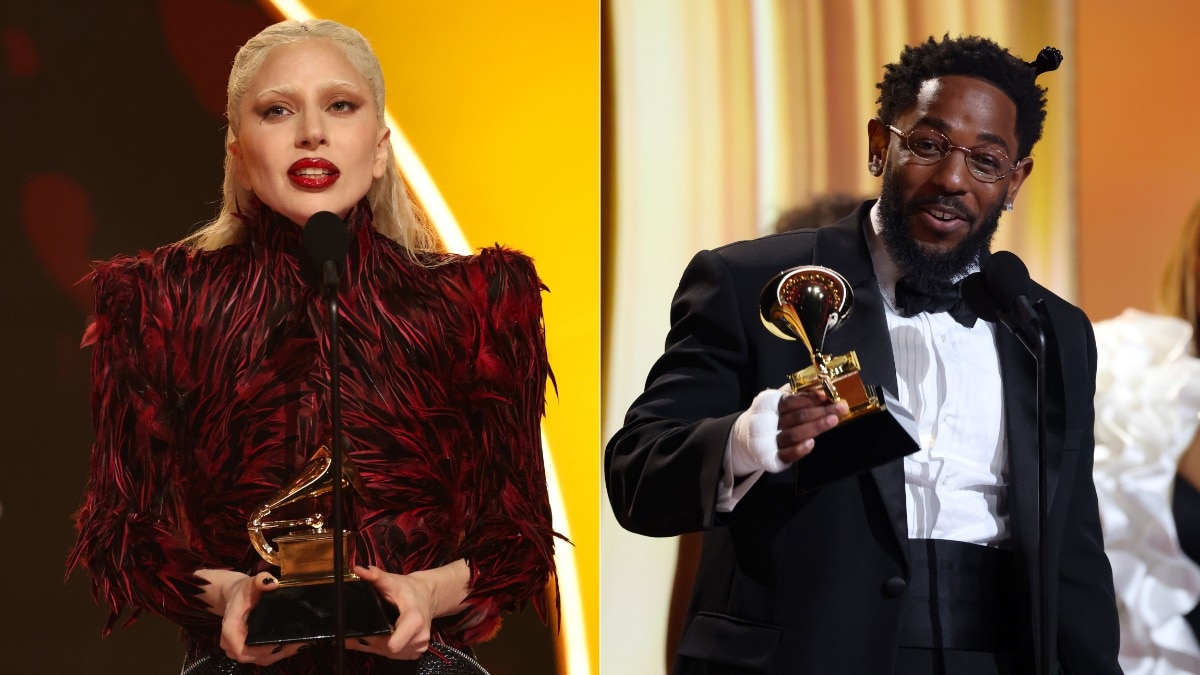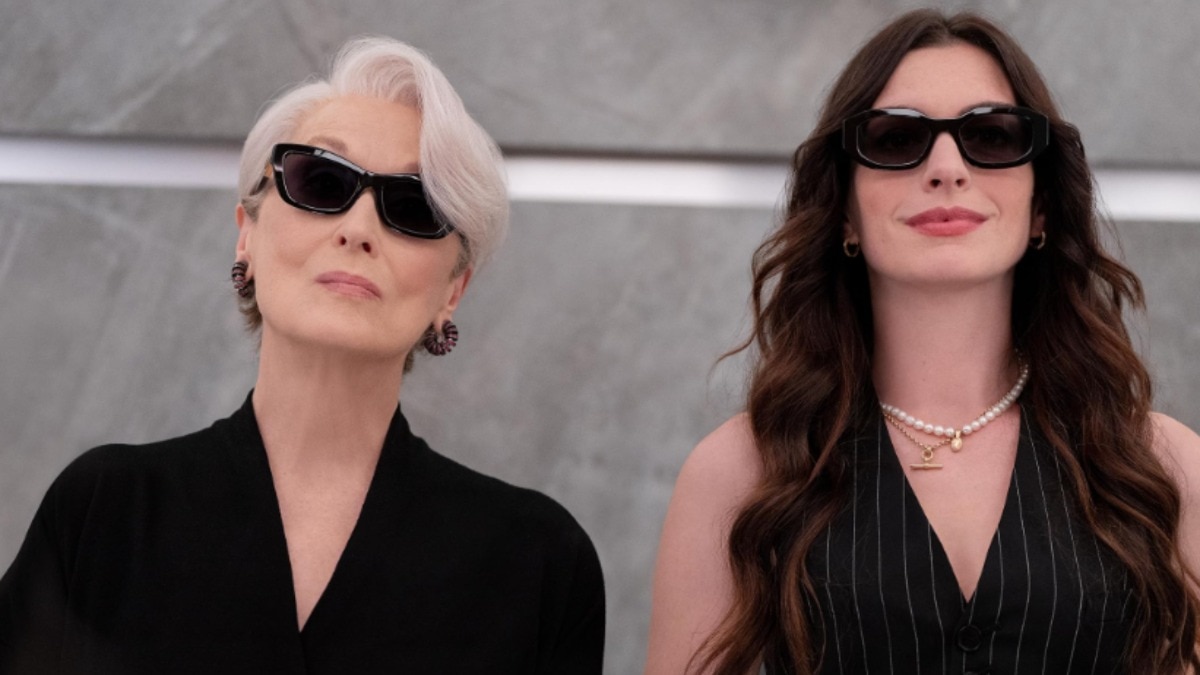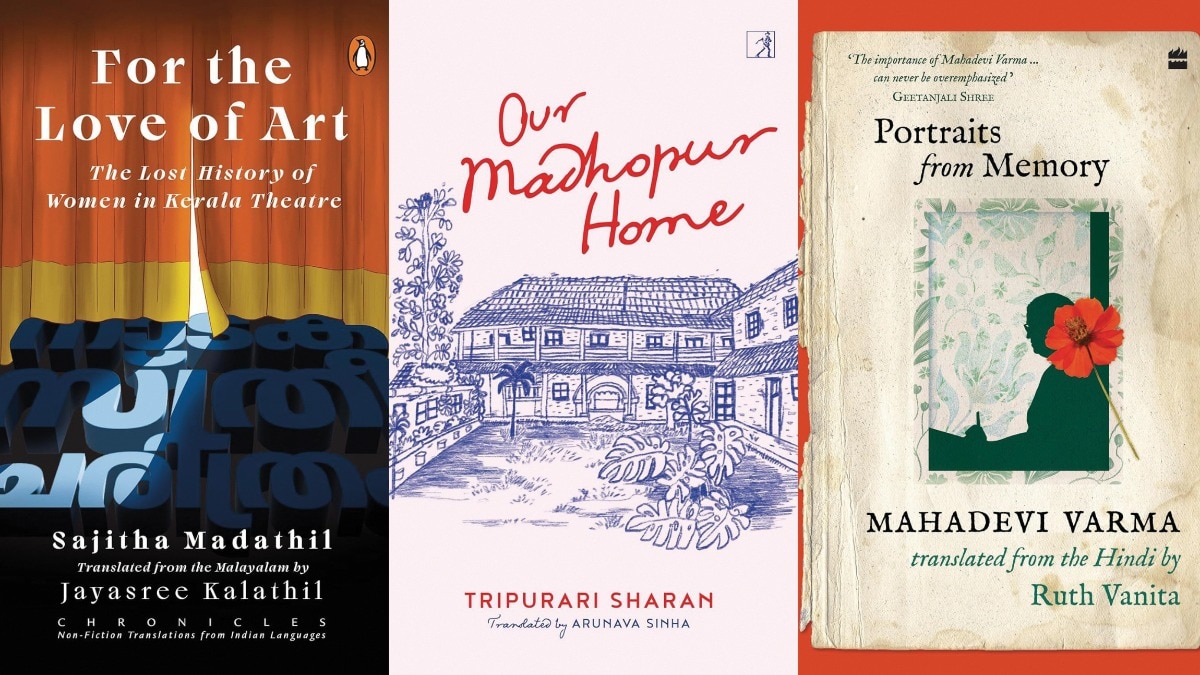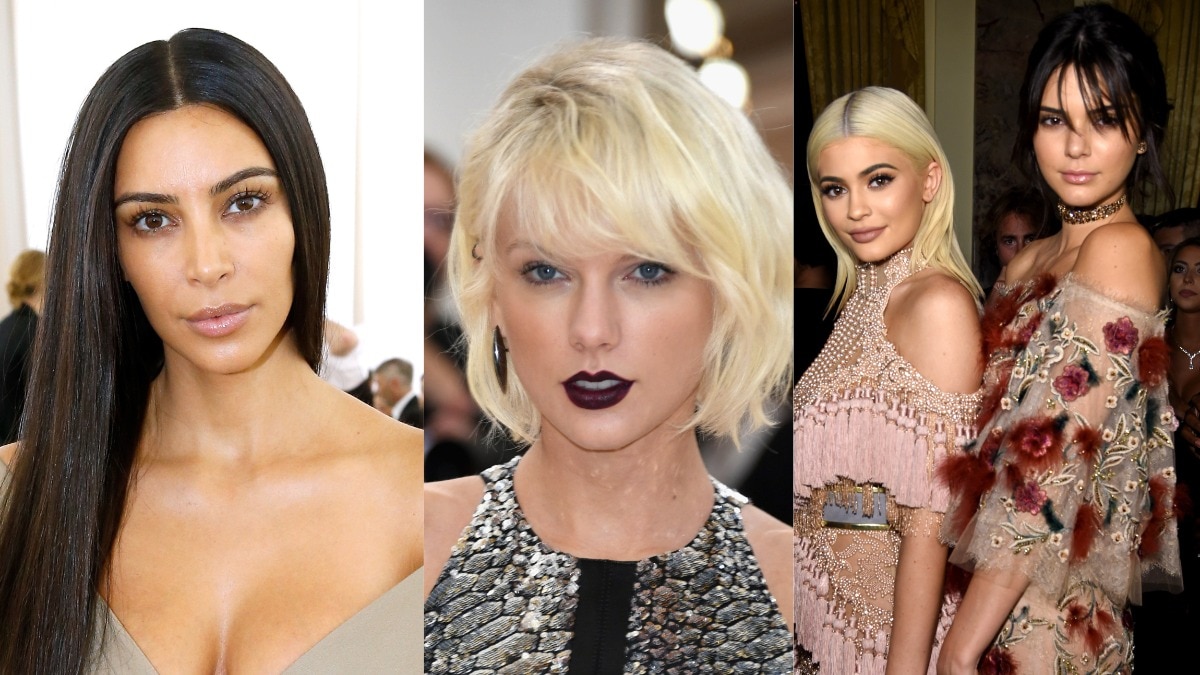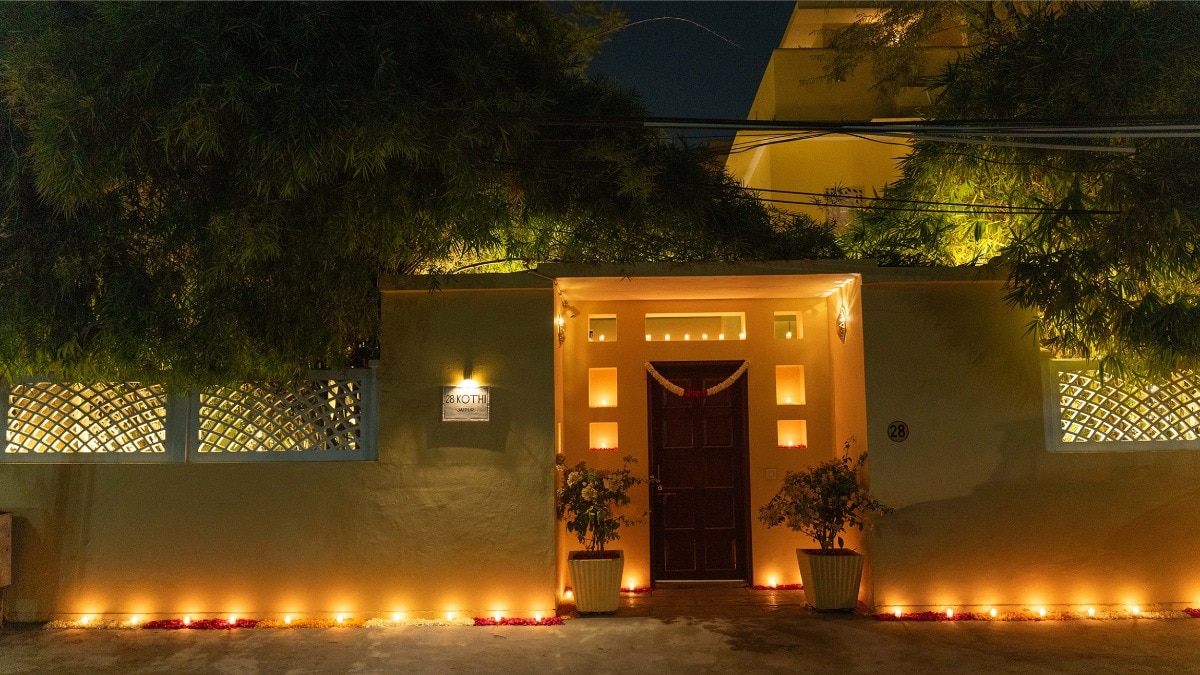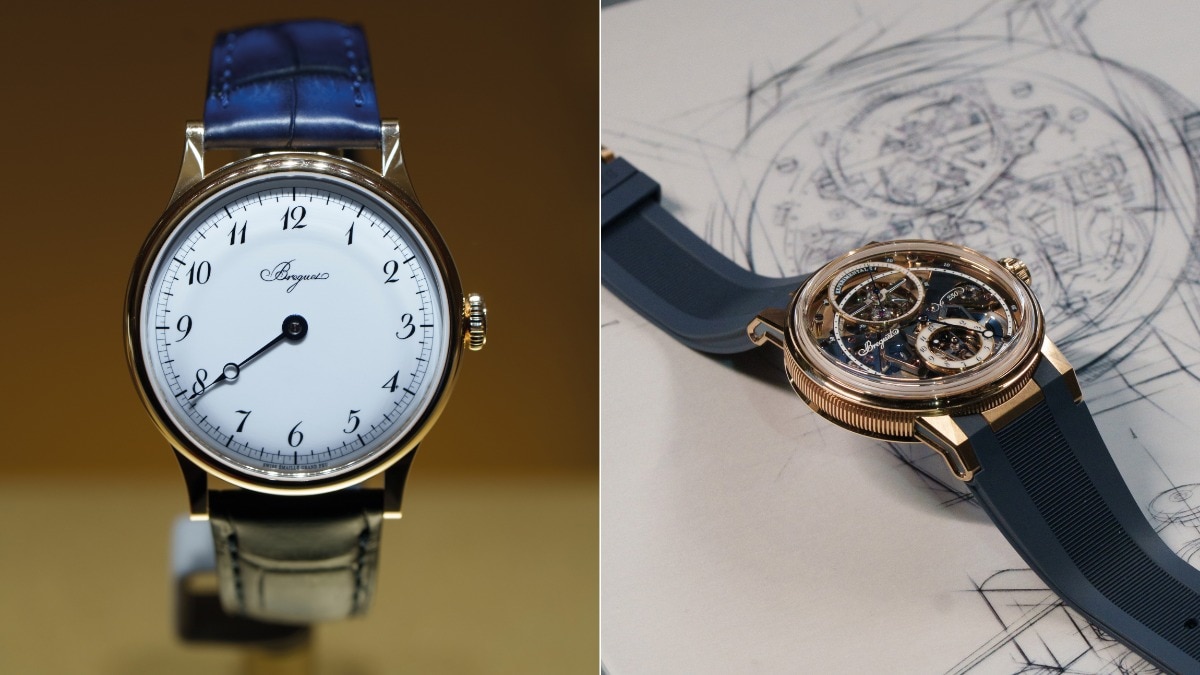
Audiences don’t want romantic comedies any more—they want romantic horror
A gory new genre gets at the heart of our anxieties around contemporary romance and dating.


Everything is romantic…maybe. Over the last five or so years, there has been a fervour for a romcom revival, even from the most unlikely of sources. Often a genre dismissed as “chick flicks,” the desire for a good contemporary romcom has people assigning the label to any movie that happens to deal with love. I’m going to hold your figurative hand when I say this, but Anora is not a romcom. But despite our yearning and the willingness of studios and streamers to deliver them, the contemporary romcom just can’t seem to find its footing.

Consider: Sydney Sweeney and Glen Powell put their real-life relationships to the test to promote Anyone But You (2023). But despite its massive box office success, audiences were less than wooed. Even the megawatt star power that is romcom veteran Julia Roberts (Notting Hill, My Best Friend’s Wedding) and George Clooney’s Cary Grant charm couldn’t help Ticket to Paradise (2022) make waves. Does anyone remember Your Place Or Mine? (2023) or You People (2023), two Netflix offerings that were so frictionless that they basically made a case for letting the robots take over? (The latter movie faced light controversy—no one cared enough to actually make a big fuss—when it was revealed that a kiss was AI-generated.) This summer, Celine Song’s sophomore film, Materialists, seemed to promise deliverance from these sparkless offerings. The trailer echoed our favourite romcoms of yore, and Pedro Pascal and Chris Evans as romantic leads were like blood in the water. The bright blue Proenza Schouler dress that Dakota Johnson wears on the poster had the potential of becoming as iconic as Kate Hudson’s yellow dress from How To Lose A Guy in 10 Days. None of that could save it: Not a single moment of feet-kicking, heart-thumping, clutching-your-seatmate’s-arm romance here.


While, amongst other crimes, the lack of chemistry and soulless writing in these contemporary offerings are certainly to blame, the movies themselves are not the only problem. Our current nostalgia fetish isn’t helping either. We want the contemporary romcom to succeed, to be “SO BACK,” because it’s not hard to remember how good we used to have it. Even if we can’t remember (because we weren’t even born at the peak of the romcom boom), there’s an entire cottage industry online—incredible fan edits set to Taylor Swift songs, pages of screencaps capturing the swooniest moments—to remind us. Between streaming options and repertory cinemas, access to the romcom archive is easier than ever. When you can watch The Apartment (1960) or Working Girl (1988) or 13 Going on 30 (2004) whenever you’d like, comparisons are easier to make.

At the same time that filmmakers and audiences struggle to return the romcom genre to its former glory, others are turning to a different genre to address contemporary romance and dating. Have you noticed that for every new movie about a shiny-haired girlboss falling in love with a former football player turned accounts exec, there’s a similarly premised one where our girlboss heroine ends up with her silk button-up soaked in blood? It seems that while the contemporary romcom struggles, the romantic horror is vying for a spot in our hearts and on our screens. Already this year has seen the releases of Companion, a tale of an AI girlfriend (played by Sophie Thatcher) who frighteningly turns against her seemingly good guy boyfriend, Josh (Jack Quaid); Drop, where widowed mother, Violet (Meghann Fahy), goes on her first date after five years only to start receiving messages demanding that she kill her date; and Heart Eyes, where two coworkers fight off a masked killer on Valentine’s Day, all the while falling for each other. This month (July), real-life couple Alison Brie and Dave Franco are starring in Together, a supernatural body horror flick about a married couple who move to the countryside and find that their bodies are starting to merge. (NEON has been promoting the movie using photos of zeitgeisty couples, like Kaia Gerber and Lewis Pullman, Jeff Bezos and Lauren Sanchez, and Paul Mescal and Gracie Abrams, "sucking face", gesturing to the literal and creepy face sucking that happens in the movie.) Even the promisingly frothy Oh, Hi!, starring The Bear’s Molly Gordon and nostalgia heartthrob Logan Lerman, has a slightly sinister, albeit less gory, twist.
I can’t one hundred per cent say when we started to see the current romhor turn, but when I started really thinking about it, the first thing that came to mind was Ari Aster’s Midsommar (2019). That movie, following a group of Americans who travel to a Swedish commune and mostly end up dead, depicts the dissolution of a relationship as an unbearably bright and extended horror show, complete with severed limbs. While Midsommar takes on plenty of non-romantic themes, the cooled-off romance between Christian (Jack Reynor) and Dani (Florence Pugh) is central to the story. Disinterested in the slasher film first pitched to him, Aster added the relationship element to process his own recent breakup. Aster has even cited Albert Brooks’ 1981 romantic comedy Modern Romance as one of Midsommar’s influences.
Like Midsommar, the new romhor offerings use familiar horror tropes to represent the nuances of modern relationships. But whereas Midsommar is tragic all the way down, films like Companion and Heart Eyes have an overall lighter and funnier tone, more in step with the romcom. Heart Eyes, starring a very charming Mason Gooding (I could watch him in 100 of these) and Olivia Holt, is quite explicit about its romcom aspirations. In one scene, while the masked slasher tears through a carnival, leaving slain bodies and pools of blood behind him, scenes from His Girl Friday (1940) play on a drive-in screen in the background. When Olivia Holt’s Ally has her big airport chase scene (one of my favourite romcom tropes), her best friend’s hype speech name drops classics like Love Actually and Crazy, Stupid, Love.

It doesn’t take mental gymnastics to figure out why horror has turned to romance as its latest subject. To hear the still single and newly coupled tell it, contemporary dating, much like everything else, is a hellscape. Which of us has not waxed lyrical about how the gamification of dating apps has made finding a serious partner almost impossible? Even if you can get a date, there’s no bigger turn-off than finding out your date is mainlining podcasts hosted by Andrew Tate wannabes. Beige, orange, red flags: when Pat Benatar sang “Love is a Battlefield,” she had no way of knowing how depressingly true the sentiment would be in our current dating landscape. Not even Love Island USA is safe. No amount of Nicolandria fancams this season could disguise that love was not blossoming in the villa. The proclaimed “toxicity” of the contestants and the producers had people comparing the show to the Stanford Prison Experiment, the controversial 1971 social experiment that had students pose as prisoners or guards and eventually devolved into a Lord-of-the-Flies-esque situation. Not exactly a lovefest. As Esther Zuckerman noted in Bloomberg earlier this year, the romantic horror speaks to "the toxicity in contemporary romance," offering a sense of “catharsis” for the disillusioned. Both Midsommar and Companion end with their bad boyfriends, uh, well…killed in super gruesome ways—an ending that most of us can only fantasise about.
Still, even as these films frame contemporary romance as a bloody affair, they’re not all that cynical about romance itself. I’d go so far as to say that they’re pretty optimistic. It’s not love or relationships that seriously sucks, these films seem to argue, but some external foe. In most of these films, the villain tends to be someone or something outside of the relationship rather than the couple themselves. In Drop, while there is exactly one moment where we are asked to suspect Fahy’s date, a handsome photographer (played by It Ends With Us' Brandon Sklenar) who seems too good to be true, the actual villain turns out to be a corrupt mayor trying to thwart a scheme to uncover his wrongdoings. In Heart Eyes, the slasher’s violence only serves to help our couple fall in love. Maintaining hope in the human race at large, these romhors indict societal ills like mass surveillance and institutional corruption and polyamory. (I’m only kind of kidding about that last one.) If we could fix those things, romhors seem to say, a purer love might flourish.
While not all romhor is exactly perfect the genre feels more capable of handling the idiosyncrasies of our current romance landscape. Today’s romcoms, in attempting to address the twisty or dark or the socially complicated, are too literalist, foregoing sparks for droning lectures. I don’t care if it’s true that we’ve commodified dating—I want giddy delusion, not measured analysis! In the romhor, on the other hand, there’s still room for symbolism and, therefore, surprise. If the romcom gave us too high expectations for love, a fantasy that is now harder to believe in, the romhor offers a realistic account of how it feels to try and fall in love these days—hellish—while maintaining an overall optimism about love, and people. Ultimately, these movies tell us, it’s not everyone; it’s one bad guy. It isn’t that dating is inherently bad, the world just needs changing. (Fall in love and organize!) In the end, there may be blood but it comes from the heart.
All images: Getty Images
This article originally appeared on Harper'sBazaar.com
Also Read: 'And Just Like That'… and 'The Gilded Age' have one thing in common
Also Read: Why are women over 30 hooked on teenage TV dramas?

